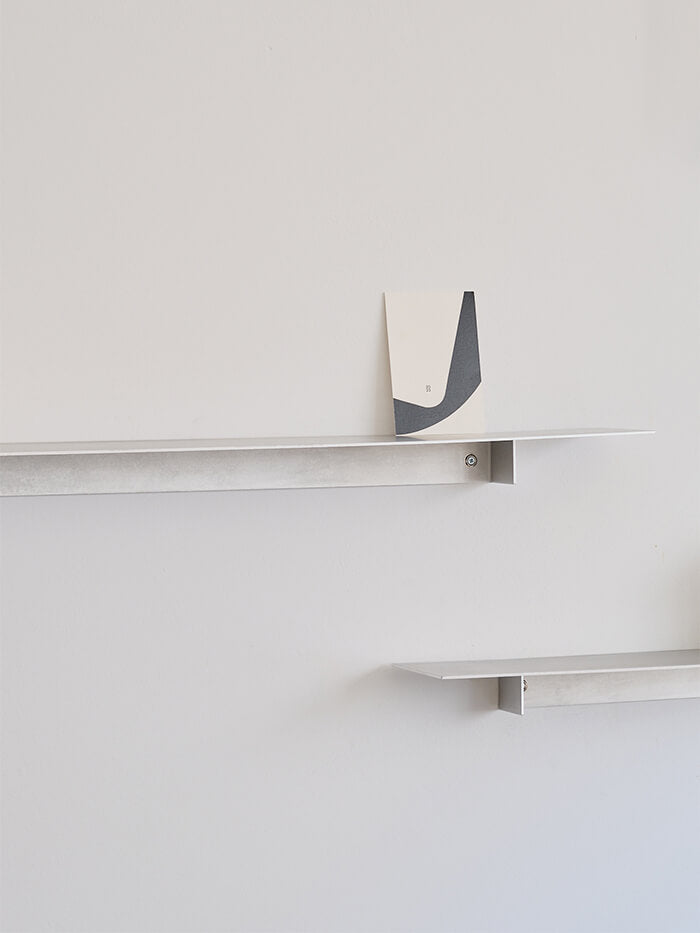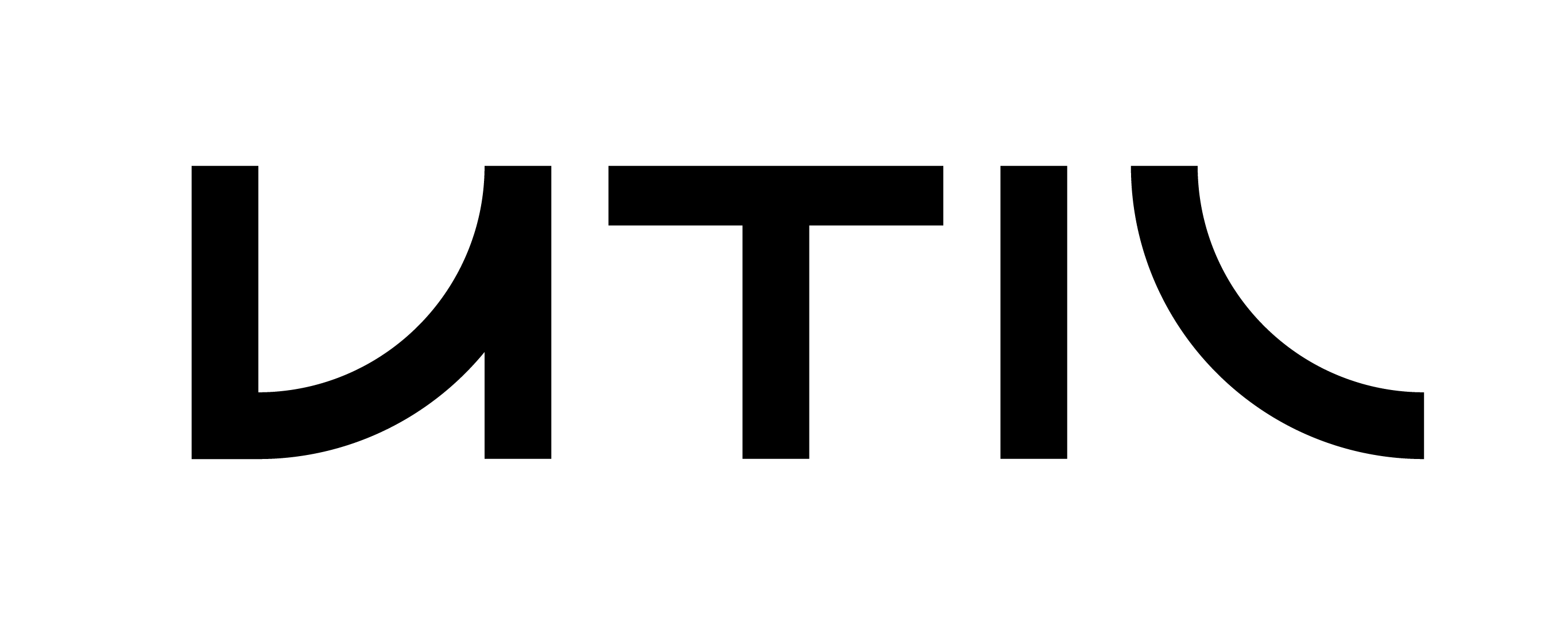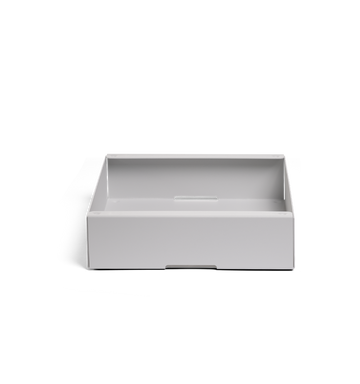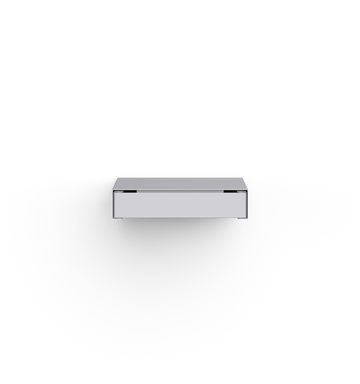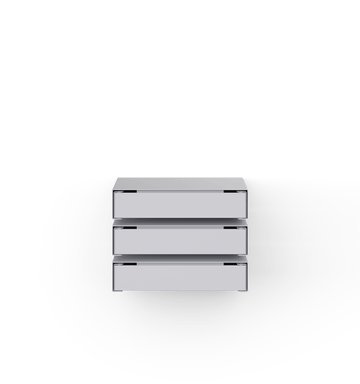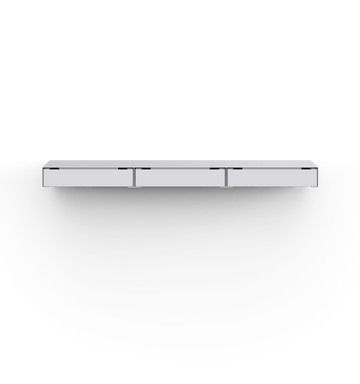FIFA 2003 intro, Michael Biberstein and Rugby – what do they all have in common? We don't know. But apparently, Manuel Tainha does. He's remarkably receptive to influences, drawing from the experiences of people in Lisbon's old laundries to architectural landmarks like Chilehaus—a standout example of 1920s brick expressionism that once he stumbled upon during his commute in Hamburg. Manuel's studio, in Lisbon, is packed with memories and gear—spare books from his grandfather's architectural studio, unexpected objects, old photos, and tools like a sewing machine and bleach. "I think of my studio as an intersection between nostalgia and pragmatism; it needs to be a workshop ready to engage, not only a place charged with sentimentalism" he says. While his methods, like using bleach on cotton or velvet, sewing patches, and nailing canvas stretchers, might sound aggressive, the outcome is surprisingly the very opposite. His work is poetic and subtle, evoking the cosmos and a sense of mystery. When he talks about his work he's highly objective, focusing on the materials and processes he employs. According to him, “Art schools should encourage students to go outside and engage in discussions with everyone about their work instead of writing a 400-page cryptic thesis; we should build a bridge with the audience”.
Currently undertaking a residency in Prague, he plans to revert to more traditional techniques, like using pigment for his paintings. We eagerly anticipate the outcome.
















